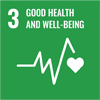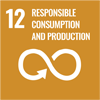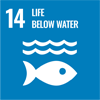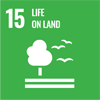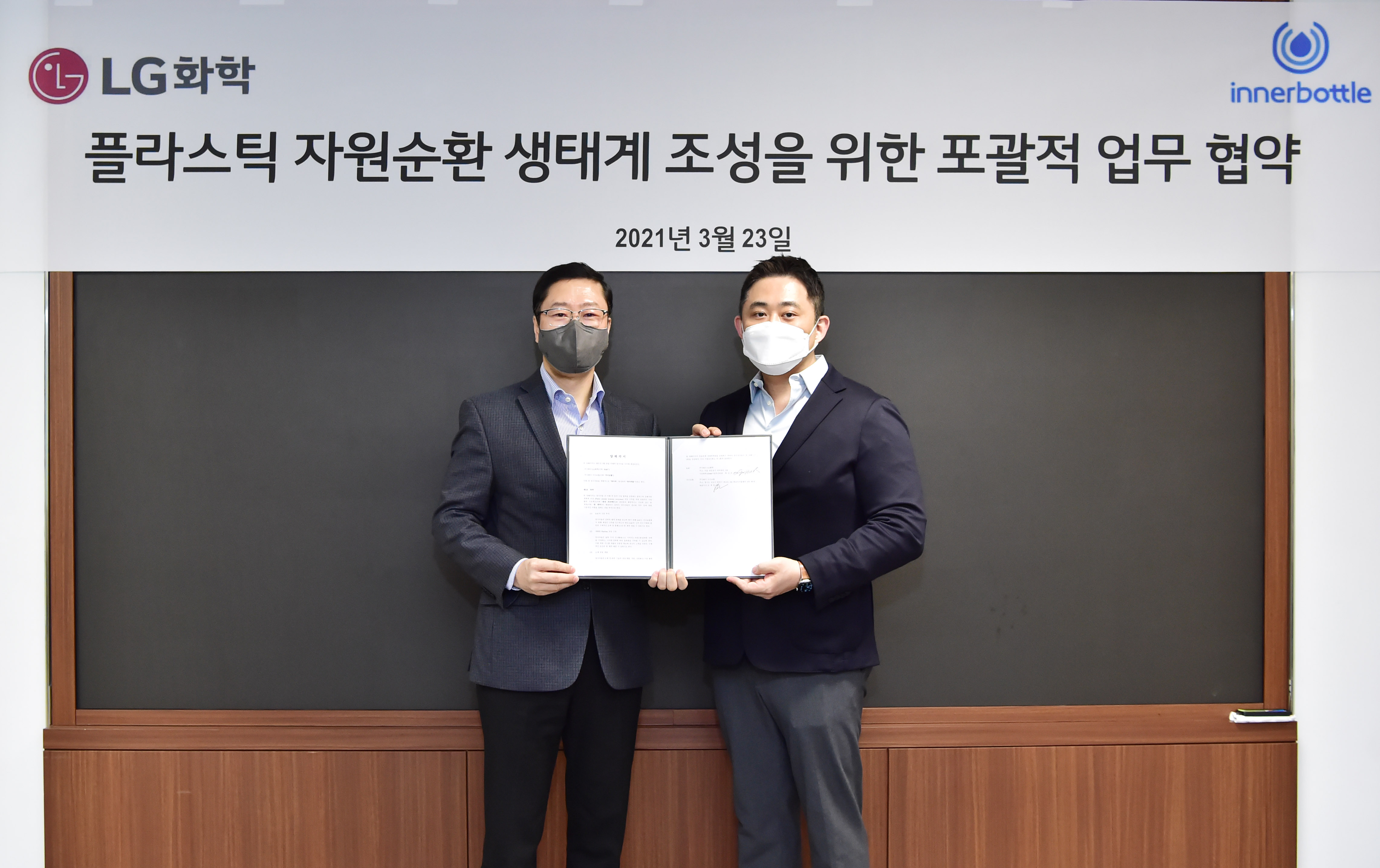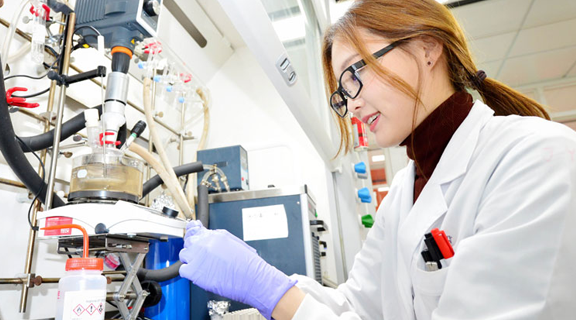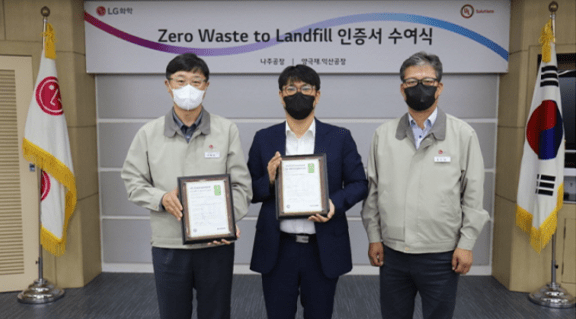Resource virtuous cycle activities and ecosystem protection
Our approach
Plastic Recycling
Compostable Plastics
Zero Waste to Landfill from Business Sites
We are constantly reviewing and pursuing ways to reduce the amount of waste we generate and recycle waste that had been previously landfilled and incinerated.
LG Chem Zero Waste to Landfill(ZWTL) Certification Status
*As of 2024
- Year
- Business site
- Designation (recycelter Inhalt)
- Download validation
- Year2022
- Business siteQuzhou, China
- Designation (recycelter Inhalt)Platinum (100%)
- Download validation PDF
- Year2023
- Business siteGuangzhou, China
- Designation (recycelter Inhalt)Platinum (100%)
- Download validationPDF
- Year2023
- Business siteGimcheon, South Korea
- Designation (recycelter Inhalt)Gold (97%)
- Download validationPDF
- Year2023
- Business siteCheongju, South Korea (separator plant)
- Designation (recycelter Inhalt)Gold (98%)
- Download validationPDF
- Year2024
- Business siteTianjin, China
- Designation (recycelter Inhalt)Platinum (100%)
- Download validation PDF
- Year2024
- Business siteYeosu (Hwachi), South Korea
- Designation (recycelter Inhalt)Gold (96%)
- Download validation PDF
※ ZWTL designations: Silver (90-94% recycled content), Gold (95-99%), Platinum (100%)
We will continue to drive our strategy for “Zero Waste to Landfill” at all of our business sites.
